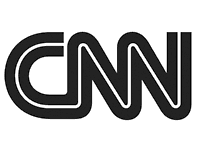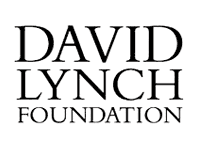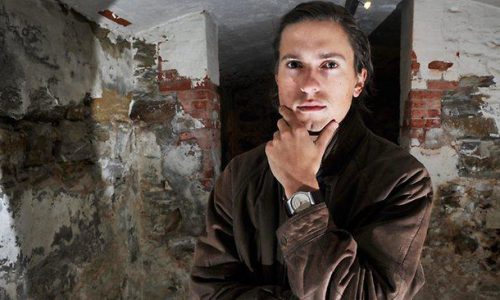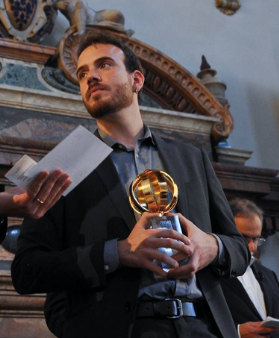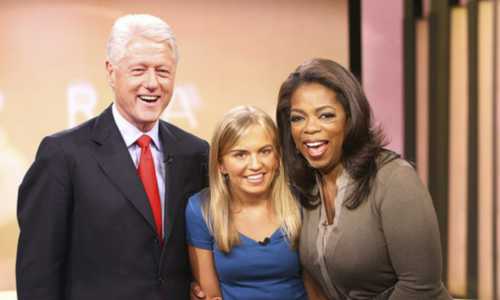At the New York Film Academy’s film school, faculty members and curriculum are focused on providing students with the real world know-how to help them succeed in the film industry. Below are some of the positions and networks in which our alumni have worked:
Hands-On Documentary Filmmaking Training
In NYFA’s intensive 6-Week Documentary Filmmaking Workshop, offered at our NYFA New York and Los Angeles campuses, students rapidly learn the fundamental tools and techniques of documentary filmmaking.
Through a combination of in-class instruction and production workshops, students study producing, directing, camera, lighting, sound recording, and editing, applying their knowledge and skills to the creation their own short films.
Workshop DescriptionWorkshop Name: 6-Week Documentary Filmmaking Workshop
This hands-on workshop allows students learn the art and craft of documentary filmmaking through a comprehensive regimen of lectures, discussions, and workshops. Our practical approach enables students to quickly learn how to develop, produce, and direct their own short documentary films. Students also learn to work independently and collaboratively in a high-pressure creative environment.
NYFA also offers the possibility to learn documentary filmmaking from anywhere through a variety of online documentary filmmaking workshops.
To learn more, see NYFA’s Course Catalog or request more information.
Projects
During the six-week workshop, students create a series of short films, including the Verite Film, Interview Film, as well as a Final Film. Students may crew on their classmates’ documentary films. To learn more, visit our projects page.
Class Details
Directing The Documentary
Introducing students to the craft of documentary filmmaking, Directing the Documentary prepares students to create their own films and provides the venue for screening and work-shopping their projects throughout the course. Instructors challenge and collaborate with students to find the most effective and expressive visual means to tell their stories. Class participation, consistent work, and collaborative workshopping are emphasized.
Digital Editing
Editing is one of the skills most fundamental to documentary filmmaking. Ultimately, documentaries are almost always truly made in the edit. This course focuses on students’ basic mastery of industry-standard editing software, as well as basic editing techniques and theory. In this course, students learn to understand not only the how of editing but also the why. Classes consist of demonstrations, lectures, and hands-on practice.
Hands-on Camera, Lighting, and Sound
Digital camera and lighting classes are designed to help students master the many elements of cinematography, including the use of camera menus, white balance, shutter speed, focus, apertures, and frame rates. Through hands-on exercises, students explore the possibilities of digital cinematography. Camera technique, image control, framing, and composition are emphasized. Lighting class helps students learn to maximize available and natural light and to use 3-point lighting in controlled situations. Additionally, students learn the basic principles and use of microphones and recording techniques, as well as strategies for capturing high-quality sound in a variety of situations.
Production Workshop
Production Workshop is designed to demystify the craft of documentary filmmaking. It functions as a sort of dry run in which students practice the skills they learn for each film before they go out to shoot it. Providing students an opportunity to experiment with their new technological and film language skills under the supervision of the instructor, the Production Workshop builds competence and confidence.
Documentary Storytelling and Writing
Documentaries have been so much more successful in recent years mostly because most documentary filmmakers now practice narrative non-fiction storytelling rather than simply trying to convey information. This course covers storytelling basics in a documentary context, as well as the role of writing as a storytelling and planning tool. Students explore the use of three-act storytelling, character, conflict, and story structure. Then, by using these elements as a guide, students learn to both find and express the underlying story in the reality they are exploring. Narration, pre-scripting, loglines, paper cuts, and story development are also studied.
TIMES AND BREAKDOWN BY WEEK
These are intensive, full-time Monday through Friday programs that typically run in three x 3hr sessions from 9 AM-6:30 PM. There are breaks in between sessions. Depending on the workshop, there may be shoots held on the weekend. Students will need to anticipate extra time outside of class to complete assignments, projects, and exercises. Daily class times may vary. Request information to learn more.
PROGRAM AND SOFTWARE REQUIREMENTS
The anticipated expenses for this course include:
- SD Cards (Your camera instructor will be able to provide the specific card information in your first camera class.)
- External Hard Drive (HDD or SSD – You will receive specifics on the hard drive from the department prior to the program start.) A backup hard drive is recommended.
- AA Batteries
- USB Drive (Thumb Drive)
Documentary School Alumni
During the six-week workshop, students create a series of short films, including the Verite Film, Interview Film, as well as a Final Film. Students may crew on their classmates’ documentary films. To learn more, visit our projects page.
Please note: Equipment, curriculum, and projects are subject to change and may vary depending on location. Students should consult the most recently published campus catalog for the most up-to-date curriculum.
